In today’s digital era, protecting sensitive patient information is one of the primary responsibilities of healthcare providers. The Health Insurance Portability and Accountability Act (HIPAA) sets forth guidelines and regulations to ensure the privacy and security of patient data. One critical aspect of HIPAA compliance is the use of secure data centers. In this article, we will delve into the essential aspects of HIPAA-compliant data centers and why they are crucial for healthcare organizations.
What is HIPAA?
HIPAA, enacted in 1996, is a federal law establishing standards for protecting and securing protected health information (PHI). Its primary goal is to safeguard patients’ sensitive data, promote the efficient exchange of healthcare information, and enhance the overall quality of healthcare services. HIPAA compliance applies to covered entities, such as healthcare providers, health plans, healthcare clearinghouses, and their business associates who handle PHI.
What Are the HIPAA Compliance Requirements?
As the healthcare industry increasingly relies on information technology, it becomes crucial for healthcare organizations to understand HIPAA compliance requirements and follow them in toto.
HIPAA compliance requirements encompass a range of technical, physical, and administrative safeguards. When it comes to HIPAA compliance requirements for data centers, several crucial measures must be in place. Some of them are as follows:
SSL Certificates & HTTPS
All web-based access to a patient’s protected health information (PHI) must be encrypted and secure to prevent unauthorized connections. Implementing SSL certificates and HTTPS protocols ensures that data transmitted over the network remains confidential.
AES Encryption
Advanced Encryption Standard (AES) is used to encrypt PHI stored on dedicated servers. This robust encryption method adds an extra layer of security, making it challenging for unauthorized individuals to access and decipher sensitive data.
Virtual or Dedicated Private Firewall Services
A secure firewall acts as a barrier between the data center’s network and external threats, preventing unauthorized access to protected files. By implementing virtual or dedicated private firewall services, healthcare organizations can fortify their defences and enhance the security of PHI.
Remote VPN Access
Authorized individuals with proper credentials should be able to access the protected network using a remote computer. Virtual Private Network (VPN) technology establishes an encrypted connection, ensuring secure remote access while maintaining the confidentiality of patient data.
Disaster Recovery
A well-documented backup and recovery plan is crucial in case of lost PHI or server malfunction. A comprehensive disaster recovery strategy ensures that data can be restored promptly and efficiently. This minimizes the impact of potential data loss and ensuring continuity of operations.
Redundant, Isolated, and Secure Database and Web Servers
Data centers must employ redundant, isolated, and secure database and web servers. Redundancy ensures high availability and minimizes the risk of service interruptions. Isolation prevents unauthorized access to sensitive information, while robust security measures protect against data breaches.
High-Speed Connection and Versatile Hardware
Data centers should have a high-speed connection and utilize hardware capable of running various software and applications. This ensures efficient communication with multiple types of devices while maintaining the integrity and security of PHI.
Separate Test Server
A separate test server is essential for performing tests, updates, and patches without affecting the live environment. This segregation prevents unintended consequences that could compromise the security and stability of the production environment.
Physical Security
HIPAA mandates the implementation of controls to prevent unauthorized physical access to data centers where PHI is stored. This includes secure access controls, video surveillance, alarm systems, and environmental controls to protect against fire and other disasters.
Employee Training and Awareness
Data centers must ensure their staff members are trained on HIPAA regulations and specific security protocols. Regular training sessions and ongoing monitoring are essential to maintain a culture of compliance.
How to Assess HIPAA-Compliant Data Centers
When choosing a third-party colocation or cloud service provider, a healthcare organization must ensure that the data center is HIPAA compliant. In order to find out whether a data center is HIPAA compliant, you must ask for the vendor’s most recent HIPAA report on compliance (HROC). This is a comprehensive assessment report by an independent auditor who determines an organization’s compliance with HIPAA regulations. The audit examines various aspects, including security controls, policies and procedures, risk management, and employee training. Organizations that undergo a HIPAA audit and successfully demonstrate compliance receive a Report on Compliance. This serves as evidence of their commitment to protecting patient data.
AiNET offers secure data hosting services. Our data centers are HIPAA compliant, and we conduct regular risk assessments to keep the PHI safe and protected. We offer colocation service as well as private cloud hosting. Let us know your requirements, and we will help you plan a tailor-made IT infrastructure.
